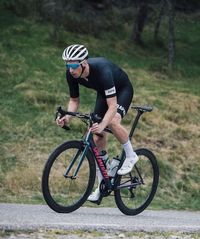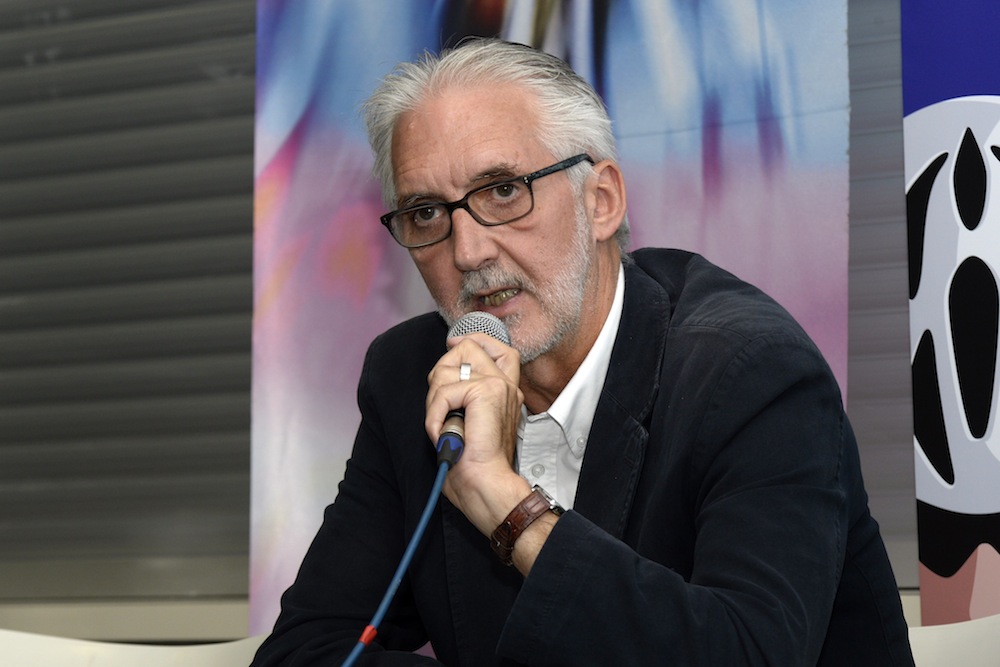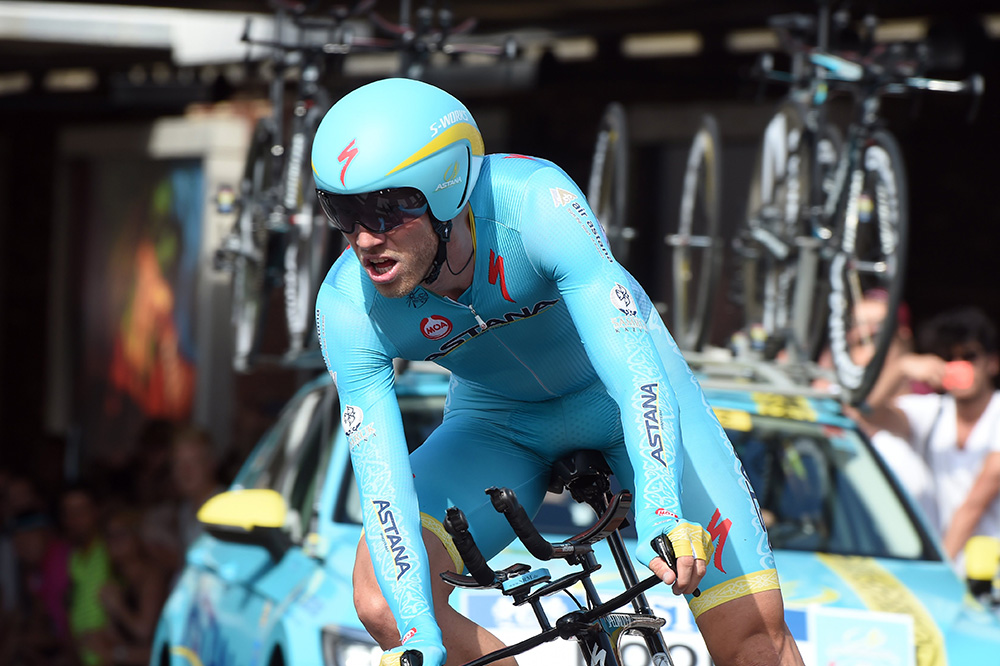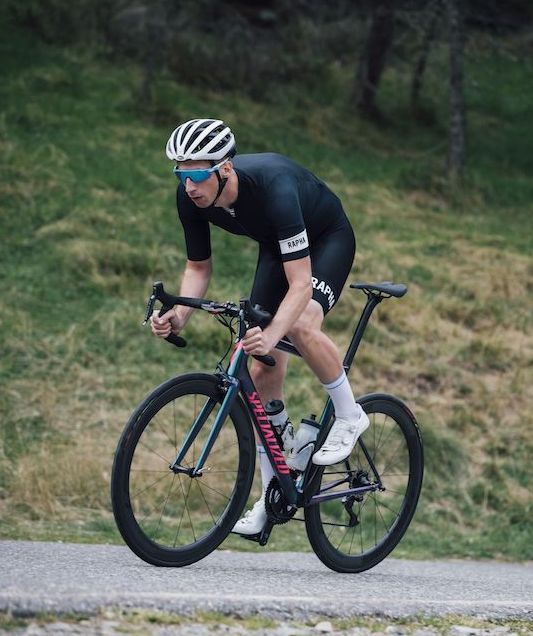Cookson: I believe Astana are trying to do their best to comply with the rules
The UCI president says he believes that Astana are committed to clean sport, while he also confirmed night-time rider testing is now taking place


Brian Cookson on stage fourteen of the 2014 Tour de France (Watson)
The latest race content, interviews, features, reviews and expert buying guides, direct to your inbox!
You are now subscribed
Your newsletter sign-up was successful
UCI president Brian Cookson has said that he believed Astana are doing their best to support clean sport and comply with World Anti Doping Agency (WADA) rules, after the team’s Tour de France start was mired by Lars Boom showing a low-cortisol level in a pre-race test.
That saw Astana quickly abandon the rules of the voluntary anti-doping organisation they are part of, the Movement for Credible Cycling (MPCC).
According to MPCC rules, a rider with low-cortisol levels should be withdrawn from racing for eight days, but with Astana being notified of Boom’s test results after the Tour teams were finalised, they were unable to bring in a replacement rider, and so pressed ahead with the Dutchman in the squad.
Cookson was quick to distance the UCI from the matter, as under WADA rules low-cortisol is not an indication of doping.
He also insisted that he believes Astana are committed to the conditions put in place by the UCI Licence Commission, after their anti-doping procedures were audited by scientists at the University of Lausanne earlier this year.
“Astana team are under a very high level of scrutiny now and I believe they are trying to do their best to comply with the rules and the spirit of the rules and to support clean athletes,” Cookson told reporters in Utrecht.
“I respect that. Let’s hope history proves that to be worthwhile.”
The latest race content, interviews, features, reviews and expert buying guides, direct to your inbox!
“I don’t think it’s good news for anybody certainly, but the plain fact of the matter is is that Lars Boom has not broken any UCI rules and therefore he can ride the Tour de France.”
Astana joined the MPCC in 2013 and followed the organisation’s rules when they pulled their team from the Tour of Beijing in late 2014, after brothers Valentin and Maxim Iglinskiy both tested positive for EPO.
It started a difficult period for the Kazakh squad as the UCI scrutinised their anti-doping procedures before awarding the team a WorldTour licence for 2015.

But now Astana look likely to join Lampre-Merida, LottoNL-Jumbo and Bardiani-CSF in leaving the organisation over the cortisol issue.
But despite the controversy surrounding Boom on Friday before the 2015 Grand Départ time trial, Cookson says there is no justification for the UCI getting involved.
“Our rules are absolutely based on the WADA code and rules and scientific experts have looked at that issue of low-cortisol and concluded that it’s not necessarily proof of an anti-doping rules violations,” Cookson said.
“I think it’s absolutely vital that when we take actions as UCI against a rider we believe to have been doping that we have the strength of WADA behind us.
“If we don’t, if we didn’t and we went outside of that you can bet your bottom dollar the teams and riders would take us to any court they possibly could.”
Since becoming president of the world governing body in 2013, Cookson instigated the Cycling Independent Reform Commission report into doping, which recommended more stringent measures to catch riders micro-dosing EPO.
This included abandoning the no-testing window between 11pm and 6am, with a new series of night time tests, something Cookson was also able to confirm while visiting stage one of the Tour.
“The night controls are allowed now under the WADA code and UCI regulations,” he said.
“I can confirm that a small number of controls have taken place during the night and the possibility remains that they might continue.
“No team or rider can rest easy if they think they’re using that window for micro-dosing, there is a very strong possibility that they might get a knock on the door in the middle of the night.”
Watch highlights of stage one at the Tour de France
Follow on Twitter: @richwindy
Richard is digital editor of Cycling Weekly. Joining the team in 2013, Richard became editor of the website in 2014 and coordinates site content and strategy, leading the news team in coverage of the world's biggest races and working with the tech editor to deliver comprehensive buying guides, reviews, and the latest product news.
An occasional racer, Richard spends most of his time preparing for long-distance touring rides these days, or getting out to the Surrey Hills on the weekend on his Specialized Tarmac SL6 (with an obligatory pub stop of course).
